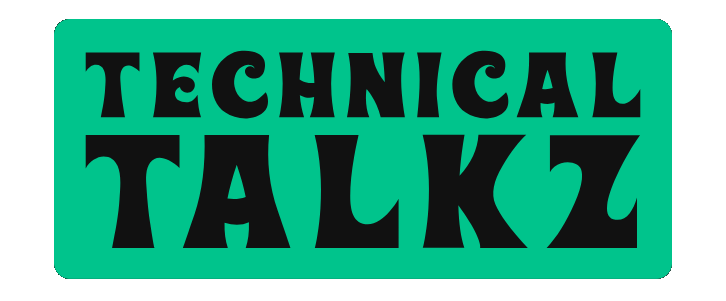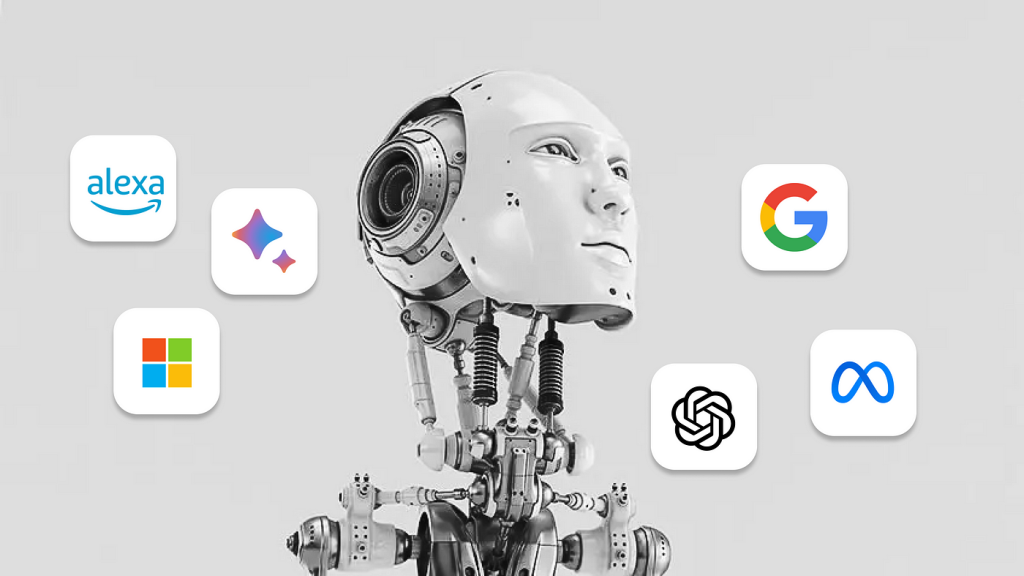How AI Tools Are Changing SEO is always fascinating. Search Engine Optimization (SEO) has always been about understanding how search engines work and optimizing content to rank better. But with the rise of AI tools, the entire SEO landscape in 2025 looks smarter, faster, and more efficient than ever before.
From keyword research to content creation, technical audits to predictive analytics, AI is transforming every layer of SEO. If you’re a digital marketer, blogger, or business owner, it’s crucial to understand how AI tools are changing SEO and what that means for your online visibility.
🤖 What Are AI Tools in SEO?
AI-powered SEO tools use machine learning, natural language processing (NLP), and automation to analyze data, identify patterns, and make intelligent decisions faster than humans ever could.
These tools don’t just gather information — they understand context, predict trends, and even generate optimized content. Some popular AI SEO tools in 2025 include:
- ChatGPT (for content strategy & ideation)
- Surfer SEO (on-page optimization)
- Frase (AI content briefs and answers)
- Semrush AI & Ahrefs AI
- RankMath AI Assistant
- Alli AI for automation
📈 1. AI Is Revolutionizing Keyword Research
Traditional keyword research involved manually searching for terms with high volume and low competition. AI tools now automate this process by:
- Identifying semantic keywords
- Finding long-tail phrases that match user intent
- Analyzing competitor keywords
- Predicting future keyword trends based on real-time data
For example, tools like NeuronWriter or Outranking can scan top-ranking pages and suggest data-backed keywords with context-aware usage.
✍️ 2. AI Content Generation & Optimization
With tools like ChatGPT, Jasper, and Copy.ai, AI is now helping marketers create high-quality, SEO-optimized content at scale.
AI doesn’t just write; it also:
- Analyzes SERP data
- Suggests headings, meta titles, and internal links
- Ensures keyword density and readability
- Detects content gaps
This enables faster content creation without compromising on quality or search intent.
🔍 3. Smarter On-Page and Technical SEO
AI-driven platforms are now capable of performing automated SEO audits that spot:
- Broken links
- Missing meta tags
- Duplicate content
- Mobile usability issues
- Page speed optimization tips
Tools like Alli AI can even automatically implement changes on your site with minimal human input, helping you scale SEO without technical expertise.
🧠 4. Understanding Search Intent with NLP
Search engines like Google BERT and MUM have made understanding user intent the core of SEO. AI tools have adapted by:
- Analyzing the searcher’s journey
- Categorizing intent (informational, transactional, navigational)
- Matching content to exact user needs
This means AI helps you write for humans while optimizing for machines — the holy grail of SEO in 2025.
📊 5. Predictive SEO & Trend Analysis
AI doesn’t just react to search data; it predicts what’s next.
By analyzing historical data, trending topics, and real-time user behavior, AI can:
- Forecast what topics will gain traction
- Suggest seasonal or trending content ideas
- Help you stay ahead of competitors
This gives your site an early mover advantage on emerging keywords.
⚙️ 6. Automation & Scalability
AI drastically reduces the time and effort needed for SEO tasks. From generating SEO-friendly titles to suggesting internal links and fixing crawl errors, you can now scale your SEO strategy with minimal resources.
Even A/B testing for meta titles or CTAs can now be automated using AI-driven SEO platforms.
🚀 Final Thoughts
AI tools are not just supporting SEO — they’re transforming how it’s done. In 2025, successful SEO is no longer about guesswork or manual research. It’s about leveraging intelligent tools to stay ahead of algorithm updates, optimize faster, and produce content that genuinely serves user intent.
While AI can’t replace human creativity or strategic thinking, it empowers SEOs to make better, faster, and more data-informed decisions.
If you want to rank in the future, it’s time to work with AI, not against it.



